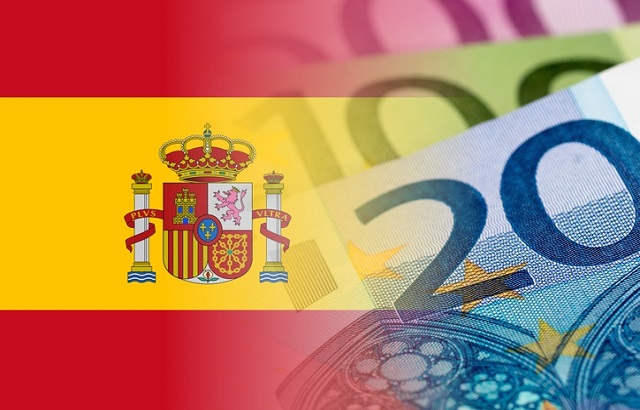Runaway energy prices and soaring inflation has hugely impacted those living in Europe, and each European jurisdiction has chosen its own solutions to the problem, writes Jason Porter, director of specialist expat financial planning firm Blevins Franks and head of its European emigration advisory service.
Spain has recently imposed significant windfall taxes on the largest energy companies and banks and swung a scythe through the sales tax imposed on natural gas, reducing this from 21% to 5%.
But it is in the area of taxation, where the different political positions of those parties in power at a regional and national level have resulted in conflicting ideas.
Spanish wealth tax
Wealth tax was introduced in Spain in 1977, but in December 2008 it was effectively suspended by way of a 100% tax deduction.
In September 2011, the socialist government, with severely reduced tax revenues following the 2008 economic crash, was forced to reinstate wealth tax as a supposedly temporary measure, though it remained until 2021, when it finally became permanent, with the abolition of the 100% tax credit.
Wealth tax as it stands includes a €700,000 (£610,585, $694,463) exemption per person, along with a further €300,000 for the main home. Thus, a couple could have up to €2m of relief. Wealth tax kicks in at 0.2% on the next €167,129 of wealth, rising up to 3.5% on assets valued in excess of roughly €10.7m.
Spain, one of the most decentralised of European states, has 17 autonomous regions, each having considerable leeway in deciding roughly 50% of the income taxes charged on their residents, as well as having freedom in deciding what to do with wealth and estate taxes.
Madrid is a region that has been at the forefront of developments in this area, deciding many years ago to maintain a 100% wealth tax deduction.
New kids on the block
More recently, Juanma Moreno, leader of the right-wing Partido Popular (PP) party and President of Andalusia decided wealth tax was “an obstacle for investment”, and introduced a 100% tax deduction, like that of Madrid.
His view, that the reduction in tax collection – calculated at 0.6% of Andalusia’s annual tax revenue, or €95m – is not a great loss, compared to the estimated increase in 7,000 wealthy new residents it was hoped would be encouraged to move there as a result of this, along with an income tax reduction.
Moreno’s comment that “We were a tax hellhole but now we’re the region with the second lowest taxes in Spain,” seemed to resonate amongst other PP regional leaders, with Murcia and Galicia also considering similar wealth tax deductions.
Computer says ‘no’
Perhaps Madrid’s PP leader, Isabel Diaz Ayuso’s comment of, “Welcome to paradise”, referring to her fellow regional leaders moves to join Madrid in eliminating wealth tax, may have been the straw that broke the camel’s back.
The national government, headed by Socialist prime minister Pedro Sanchez, saw these moves as endangering a strong welfare state, in favour of “tax gifts to the minority”.
While there is not even a bill yet to put before the Spanish Parliament, and the government would still need to obtain a majority in a vote, the fact they aim to put it through an ‘urgent legislative’ procedure proves the governments’ opposition to the position taken by Andalusia, and the potential for a domino effect across other autonomous regions.
The only real difference the new has over the old wealth tax is the inability of the autonomous regions to adjust the reliefs and tax rates themselves – the new solidarity tax is controlled centrally, allowing only the national government to decide its operation.
The new tax is expected to be charged at 1.7% on wealth exceeding €3m, at 2.1% between €5-10m and 3.5% thereafter. Spanish taxpayers finding themselves liable to both the old and the new taxes will be able to set one off against the other.
It is estimated that the new tax will affect 23,000 taxpayers, which is 0.1% of Spain’s population, and is expected to collect around €1.5bn across 2023 and 2024.
In addition, the government announced an increase in capital gains tax for gains over €200,000, to 27% (1% increase), and 28% for gains over €300,000 (2% increase). The detail on these tax changes, and others, is not expected until later this year but they are required by Brussels in order for Spain to receive its share of the EU’s post-pandemic recovery scheme.
From a Spanish perspective, the political left and right’s tax moves show the deep ideological differences between both ends of the political spectrum, which will inevitably play out in the May 2023 regional elections and the general election, expected before the 2023-year end.
This article was written for International Adviser by Jason Porter, director of specialist expat financial planning firm Blevins Franks and head of its European emigration advisory service.








